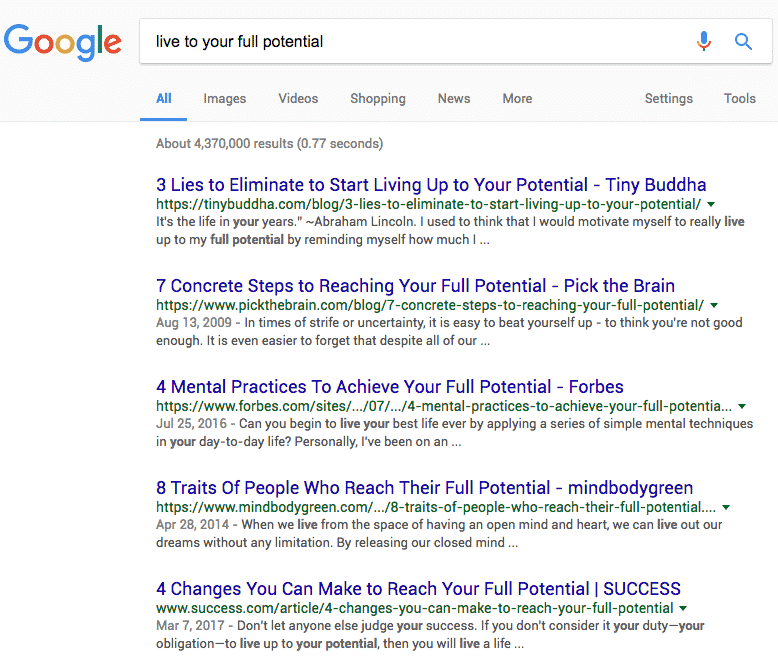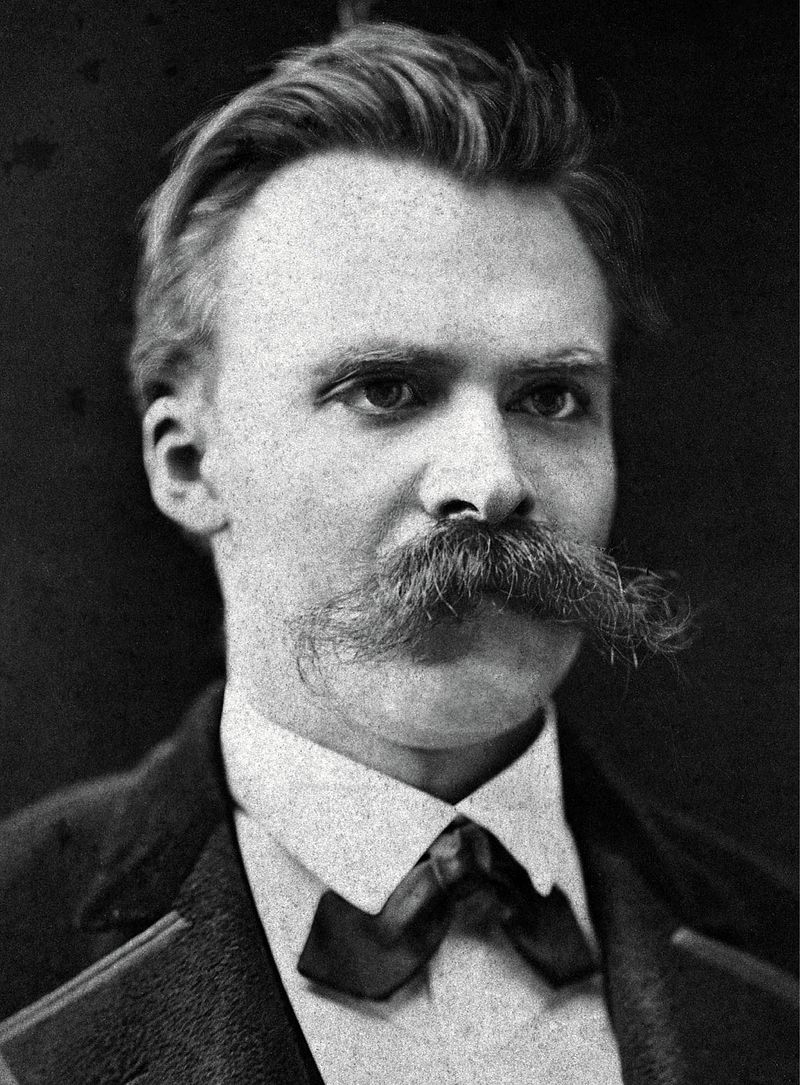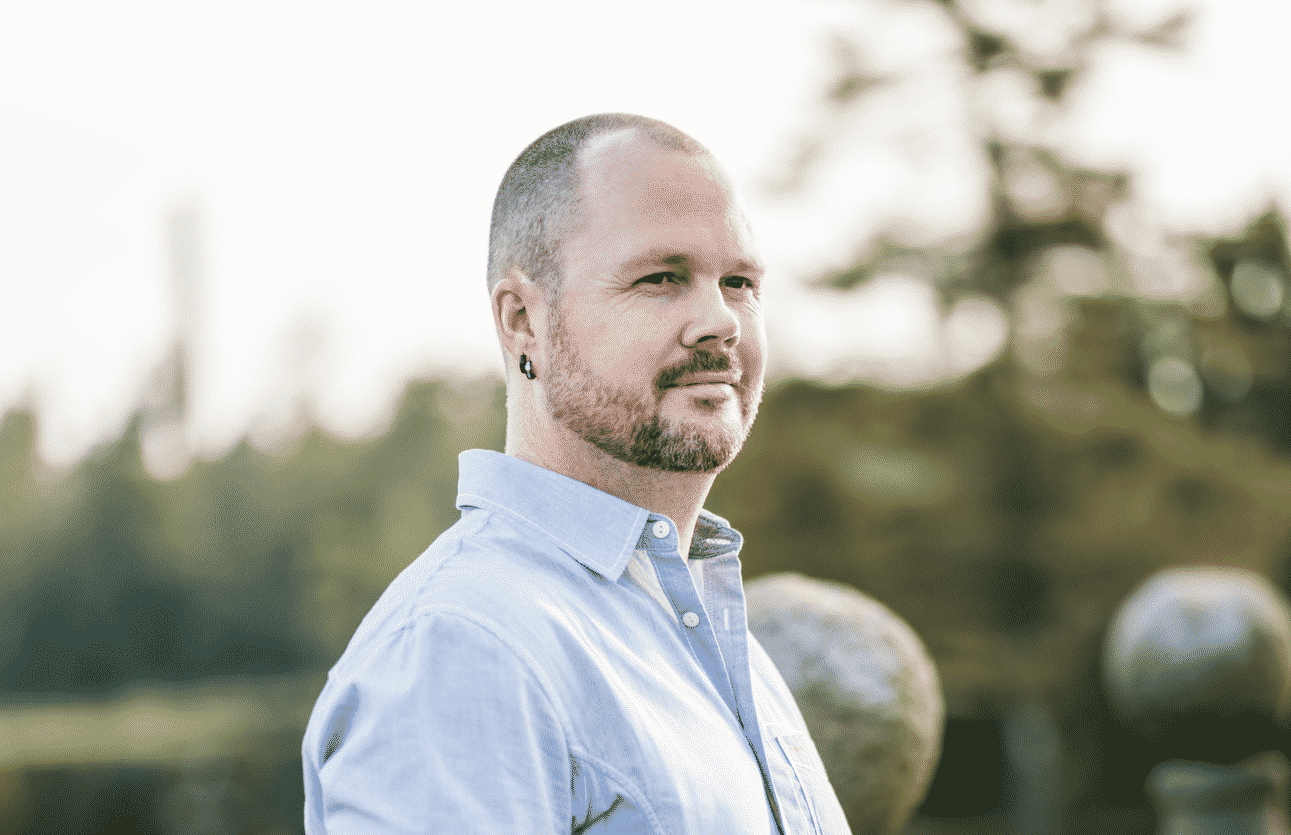Jordan Bates • • 10 min read
The Trap of Trying to Live Up to Your Full Potential

“Live up to your full potential” is shitty advice. Here’s why.
The self-improvement space is hyper-saturated with messages urging you to live up to your full potential.
A quick Google search reveals that this is true (note the 4.3 million results):

Let me say right off the bat that I don’t think this message is entirely without merit.
There’s definitely something to the idea that life feels a lot more meaningful and worthwhile when you’re actually doing constructive shit and actively exploring your life’s possibilities.
But this urge to live up to one’s full potential can also become a trap—even a curse.
Let me explain.
Our Mortality Vastly Limits Our Ability to Actualize Our Potential
First of all, let’s get something out of the way: There are an infinite number of things that any one of us could theoretically do, but our time on Earth is extremely finite.
Unless somebody invents anti-aging or immortality technology within our lifetimes (which isn’t out of the question), you and I have roughly 70-80 years to “live up to our full potential.”
This is a very, very short amount of time.
In lifetimes as short as ours we can’t ultimately do more than a tiny, infinitesimal fraction of the things we could do if we had endless time, and thus we can only actualize a minuscule portion of our true potential.
Again, this is not an argument against trying to do plenty of amazing things. It’s an argument against the insidious self-help message that we could actually fulfill all of our innate potential in one lifetime.
Of course we can’t. Not even close. No one can.
So, first of all, heave a sigh of relief and relax a bit. There’s no need to stress out about whether you’re going to reach your “highest potential.” We don’t have the time to do such a thing.

But What About Our Highest Potential in This Life?
Ah, yes. So then the question becomes, “Well, we should still try to reach our fullest possible potential, given the amount of time we have, right?”
Eh, not so fast. This question has problems too.
We’ve established that our only option in this lifetime is to actualize a microscopic fraction of all of the possible cool things we could do in this universe.
So even if we want to actualize the maximum amount of our potential given the time we have, a pressing question remains: Which part of our potential should we try to actualize?
And oh, Mother Mary, what a jar of nightcrawlers we’ve just thrust open by asking such a question.
We tend to think of our highest and greatest potentialities as those whose actualization would result in our being world-saving Nobel Peace Prize winners who cured cancer, or things along those lines. You know, the potentialities which, if actualized, would result in us becoming exceptionally heroic, wise, renowned, and/or absurdly wealthy humans who may or may not go down in history for being so goddamn awesome.
But what of my potential to be perfectly content with nothing more than a small cabin in the woods and a bunch of books? What of my potential to be a fantastic son, brother, husband, and father at the expense of many career pursuits? What of my potential to enjoy the fuck out of life and savor the moment to such a great extent that I never worry about whether I’m “actualizing” enough of my “potential”?
Maybe you’re starting to see the problem.
Who in the hell could say which of your infinite possible single-lifetime trajectories represents your “greatest potential”? What if, paradoxically, the greatest thing you could ever do is not think at all about your “potential” and just live a damn good life—a life you would actually voluntarily relive a bunch of times because it was so wonderful?
Hopefully the point is clear: When we do virtually anything in this world that is pleasant and healthy for us, we are actualizing some portion of our positive potential. And no one can ultimately say whether my potential to become a renowned astrophysicist is actually “greater” or “higher” than my potential to become a mountain hermit, or a digital nomad, or a family man, or a dog walker, or a person in a far-off cabin who just reads all day. Your “highest potential” is extremely relative and ambiguous.

What seems to matter a whole lot more than whether we reached our “full potential” is whether what we did felt meaningful and enjoyable to us.
What the hell is the point of chasing your “full potential” if, at the end of your life, you’ll say, “Phew, glad that’s over.”?
What the fuck is the point of anything humanity does or achieves if we as individuals forget how to actually enjoy our time on this planet? Why keep the roadshow running at all if everyone is miserable?
That brings me to my next point.
Fixating Too Much on Your “Potential” Sabotages Your Happiness
So we’ve established that we can only ever live out a small fraction of our true potential.
And we’ve established that our “fullest potential” in a single lifetime is something that is wildly unfixed and open to interpretation.
Already, this should be enough to make us highly suspicious of anyone telling us our goal in life should be to “fulfill our highest potential.”
But there’s still a final nail I need to hammer into the coffin of this approach to life: The fact that it’s just fucking stressful and anti-fun to think this way.

If you really buy into this narrative about “living up to your full potential,” it’s a slippery slope to becoming an anxiety-riddled ball of tension constantly asking itself, “Am I living up to my full potential right now? Am I on the path that is going to lead to fulfilling my potential?”
*shudders*
This is a bloody awful way to go through life. A fast track to sapping all of the spontaneous joy and whimsy out of your existence.
Don’t do this. Just, don’t.
So… what in the fuck should we do?
Two Alternative Heuristics for a Good Life
“Live up to your full potential,” as we’ve seen, turns out to be a fairly shitty heuristic (i.e. a rule of thumb) for living a good life.
I’d like to quickly propose two alternate heuristics that I’ve found to be effective guides to a fulfilling and meaningful existence.
Perhaps you’ll find these useful as well, though of course it’s ultimately on you to determine how best to live your life.
Semi-Eternal Recurrence
Remember earlier when I mentioned the idea of living a life you would voluntarily relive many times over?
I derived this idea from Friedrich Nietzsche’s concept of eternal recurrence. Eternal recurrence refers to a hypothetical state of affairs in which one is forced to relive one’s life over and over, an infinite number of times, for all eternity.
Nietzsche wasn’t the first person to write about this idea, but he was, as far as I know, the first one to re-formulate it as a thought experiment. He wrote:
“What, if some day or night a demon were to steal after you into your loneliest loneliness and say to you: ‘This life as you now live it and have lived it, you will have to live once more and innumerable times more’ … Would you not throw yourself down and gnash your teeth and curse the demon who spoke thus? Or have you once experienced a tremendous moment when you would have answered him: ‘You are a god and never have I heard anything more divine.'”
So Nietzsche’s basically saying, “Imagine a demon shows up and says he’s going to make you relive your life over and over for eternity. That would fucking suck, lol, right? But wait, dude, have you ever experienced a moment in which you would actually tell the demon, ‘Bro, you’re my hero. That sounds fucking magnificent.’?”

Friedrich Nietzsche, the man who wanted to laugh in the face of demons.
For Nietzsche, the most heroic human would be the one who would embrace eternal recurrence because they lived so damn well that their life was worth reliving for eternity. Nietzsche connected eternal recurrence to his idea of amor fati, or the “love of your fate.”
Now, I don’t know about you, but I’m not sure there’s anything I could possibly do in this life that would make me want to relive it an infinite number of times. That’s a pretty hefty order.
Which is why I came up with the heuristic of semi-eternal recurrence. Basically, this heuristic asks: Is there a way in which you could live, such that you would voluntarily relive your life many times over? If so, live that way.
As far as I’ve been able to tell, this heuristic is extremely useful. In casually abiding it, I find myself attempting to maximize enjoyable, profound, vitalizing, life-affirming experiences and meaningful, loving relationships, while also endeavoring to create beautiful and/or useful things and to help make this world a more utopian place.
At this moment, at least, if given the choice, I genuinely feel I would choose to relive my life a number of times (especially if the alternative were non-existence).
Enjoyable Usefulness
The second heuristic I want to touch upon is a concept in David Chapman’s work called “enjoyable usefulness.”
The concept basically suggests that there is no single transcendent Mission or Purpose in any of our lives, and thus the most balanced approach to living is simply to do things that are enjoyable and useful.
In Chapman’s formulation, he suggests that one should ideally seek out activities which are both enjoyable and useful. I’ve amended this slightly, in that I think one should seek out activities which are enjoyable and/or useful, though one should aim to do things often which are both.
This heuristic is deceptively simple—so simple that it’s easy to dismiss. However, in all honesty, I think this concept contains a timeless recipe for living a good life.
Interestingly, if you focus solely on enjoyability or solely on usefulness, it’s not workable. Living only for enjoyment quickly devolves into hollow self-interested hedonism, and you’ll likely feel a void in your life if you live this way. On the other hand, living only to be useful to other people is a slippery slope to miserable workaholism, premature burnout, becoming a doormat, and missing out on actually enjoying your time in this world.
But the combination is potent. Doing things which are useful to the world and to other people is probably the most surefire way to find meaning in life, as Dr. Jordan Peterson likes to point out, and doing things which you enjoy allows you to tap into limitless stores of intrinsic motivation and to live a life you’d actually want to re-experience.
Having adopted this concept as a kind of mantra for a while now, I can say that it’s a marvelous little heuristic, lovely in its simplicity. It’s not something I even think about consciously very often now; it’s just something I’ve more or less internalized, and my life regularly feels meaningful.
An Irony
The perceptive reader may have noted an irony in my presentation of these alternative heuristics.
Namely, abiding semi-eternal recurrence and/or enjoyable usefulness will inevitably result in actualizing many of the wonderful potentialities that lie dormant within you. This is a good thing: discovering and bringing forth much of your potential is life-affirming and a huge source of meaning; it’s the focus on your full or greatest potential that is toxic and misleading.
Following these two heuristics I’ve outlined will likely result in realizing much of your positive potential to live a great life and co-create a more beautiful world. And so, ironically, you’ll end up doing what we probably should mean when we say, “Live up to your full potential.”
But the fantastic thing about semi-eternal recurrence and enjoyable usefulness is that they really take the pressure off. They contain no dictates that say you need to do the exact things that will make you want to relive your life the maximum number of times. Or that you need to find the most enjoyable and most useful things you could possibly do and be sure to do those every day, all the time. Or that doing things just for the fun of them is probably a waste of time because such things don’t align with our general conception of what “full potential” means.
Nope. They just say, in any given week, do things which are enjoyable and useful and which would likely result in you being happy to relive that week a few times. And that will be enough.
And near as I can tell, it is enough.
Final Words
In sum, stop fretting about living up to your Full Potential.
It isn’t possible, and your greatest potential in this lifetime is thoroughly ambiguous.
Instead, do enjoyable and useful things. And live a life you would gladly relive.
If you do, glorious potentialities will certainly blossom forth from your soul, but you won’t have to worry about whether they’re emerging in the best possible way.
You’ll just trust that they are enough. And that you are enough. And that everything is flowing onward in a state of Grand Enough-ness. And all will be okay.
Follow Jordan Bates on Facebook.
If you’re ready to sort yourself out and start living a life worth reliving, consider taking our self-actualization obstacle course.

Jordan Bates
Jordan Bates is a lover of God, father, leadership coach, heart healer, writer, artist, and long-time co-creator of HighExistence. — www.jordanbates.life








